The Ukrainians are backing down
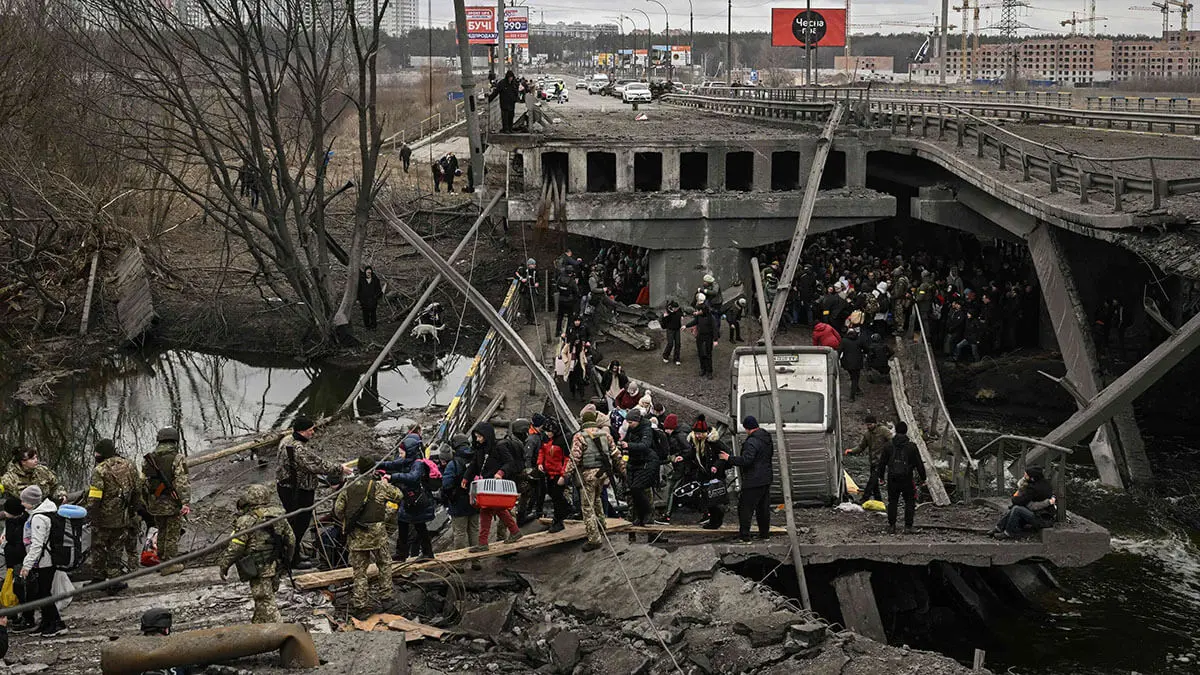
On the programme ‘De cara al mundo’ on Onda Madrid, reporter and journalist María Senovilla, collaborator of Atalayar, analysed the tour of Volodimir Zelenski, President of Ukraine, through France, Germany, the United Kingdom and Italy to present a possible peace plan that would put an end to the war in 2025.
In addition, she considered the abandonment of the population in Ukraine due to the increase in bombings and the death of Victoria Roshchina, a Ukrainian journalist who was murdered before being exchanged.
Zelenski, new tour of Europe to gather support and analyse some details of his peace plan. Germany, Italy, United Kingdom, France... He has not visited Spain this time. What can we highlight from this tour?
We can highlight, among other things, that Zelenski does not stop. He can be reproached for some things, but not working is not one of them. And this week he has visited the main European countries, where he has conveyed a resounding message. Zelenski said that Ukraine must join NATO and the war must end by 2025. The Ukrainian president reminded European leaders that he has the support of US President Joe Biden and his successor, candidate Kamala Harris, and that it would be a wise decision to ‘all pull in the same direction’.
As he did in the US a few weeks ago, Zelenski has presented his victory plan to European leaders, which includes the idea of reinforcing Ukraine, both on the battlefield and diplomatically, in order to force Russia into negotiations on peace terms acceptable to Kiev. According to reports this week, Russia has suffered 600,000 casualties in Ukraine since the invasion began. These are staggering figures and have been confirmed by the US Department of Defence.
Putin's country is reportedly in a war economy that is beginning to take its toll, especially in the industrial sector. There is a lack of people for industries to function. The spectre of forced conscription is pushing men to stay at home. And, in the end, this economic and social situation could be a favourable moment to bring Russia to the negotiating table - at least that is what the Ukrainian president thinks. After this week's round of meetings, Meloni, Steinmeier, Macron and Scholz have all reiterated their support for Ukraine and said that they will do so as long as necessary. This makes it clear that Western support for the Ukrainian leader and Ukraine will not cease.
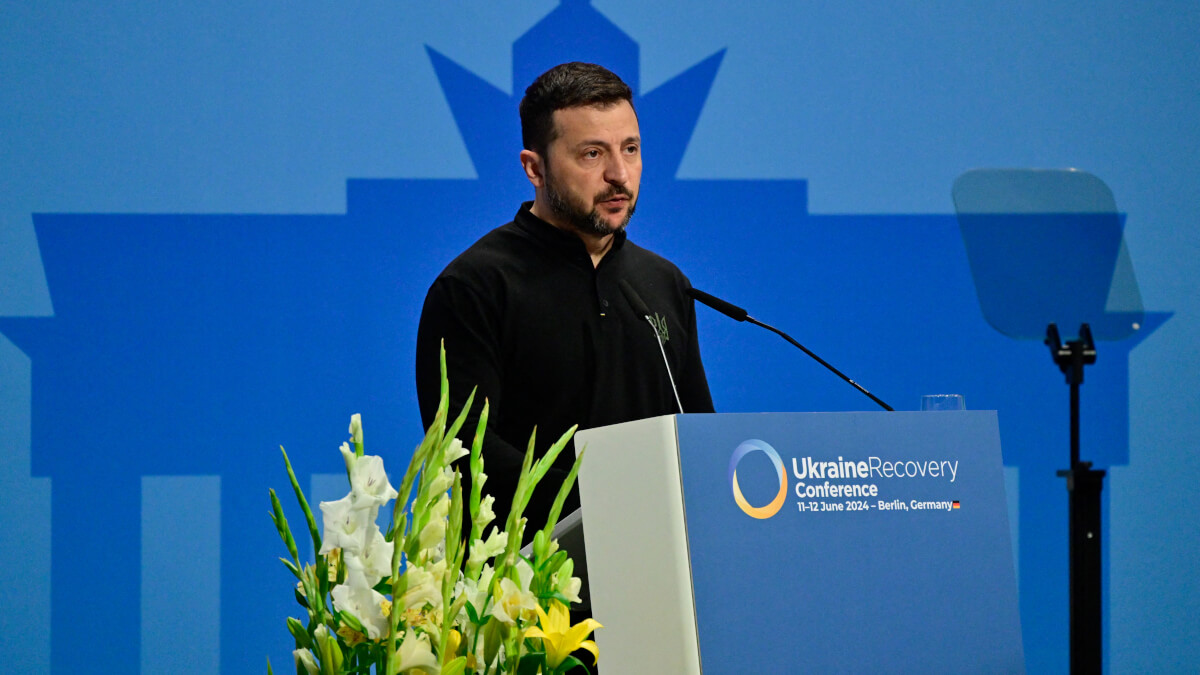
In the first half of this year, 400,000 more Ukrainians, mostly women and children, have fled the country because of increased shelling of cities. It is a demographic problem that the Ukrainian authorities are looking to remedy.
So worrying is the situation that Ukraine is already finalising the creation of a Ministry of Unity to try to save the country from the demographic disaster you mention. The number of Ukrainian citizens who are refugees in European countries and other parts of the world is also growing steadily. And, in 2024, it has increased alarmingly as a result of increased Russian bombardment of cities.
The UN already warned in the first months of 2024 that Russia had increased attacks on civilian targets and critical infrastructure by 20%. And we had already counted during all those months the consequences of those bombings, from targeted hospitals, schools, residential buildings, power and thermal power plants. And this has caused massive blackouts, it's preventing industry from functioning, and, of course, there are deaths, there are injuries.

The equation seems easy. If cities are bombed and razed to the ground, the people who live in them leave. And it is worrying because over the last year some 230,000 people left Ukraine and this year that number is already almost doubling, so Ukraine is increasingly worried about how it is going to cope with that loss of population and how to create attractive conditions for its citizens to return. With the creation of this Ministry of Unity, they will try to repatriate no less than 5 million Ukrainians, but after such a long time in which many of them have rebuilt their lives in countries like Spain, it will be difficult for all of them to want to return to their homeland.
On the other front, Russia continues to press especially in the Donbas area and the Ukrainians are pushing back.
The Ukrainians are retreating. This is not mentioned by the Defence General Staff in their situation report, in the reports they publish every day to say how the front line is, but I have been able to contact soldiers, commanders, combat medics, who are deployed on the front line from Liman to Pokrovsk, and they all say the same thing.
They are all telling me that they are falling back very slowly, but they are having to abandon positions, and the situation they tell me is terribly distressing. And they are all describing it to me in the same way. They are telling me that Russia at the moment is trying to attack at the moments when Ukraine is taking the relays. When the team has to be taken out of the trench of the fighting position, they usually take a vehicle with the new team, they take the one that has been there for a few days, which, by the way, is more and more days. In the past, rotations were done more often, but now they are trying to extend them, and soldiers stay in the same position for up to a week until they are relieved, precisely because Russia is attacking at that time of relief and the situation is highly dangerous.
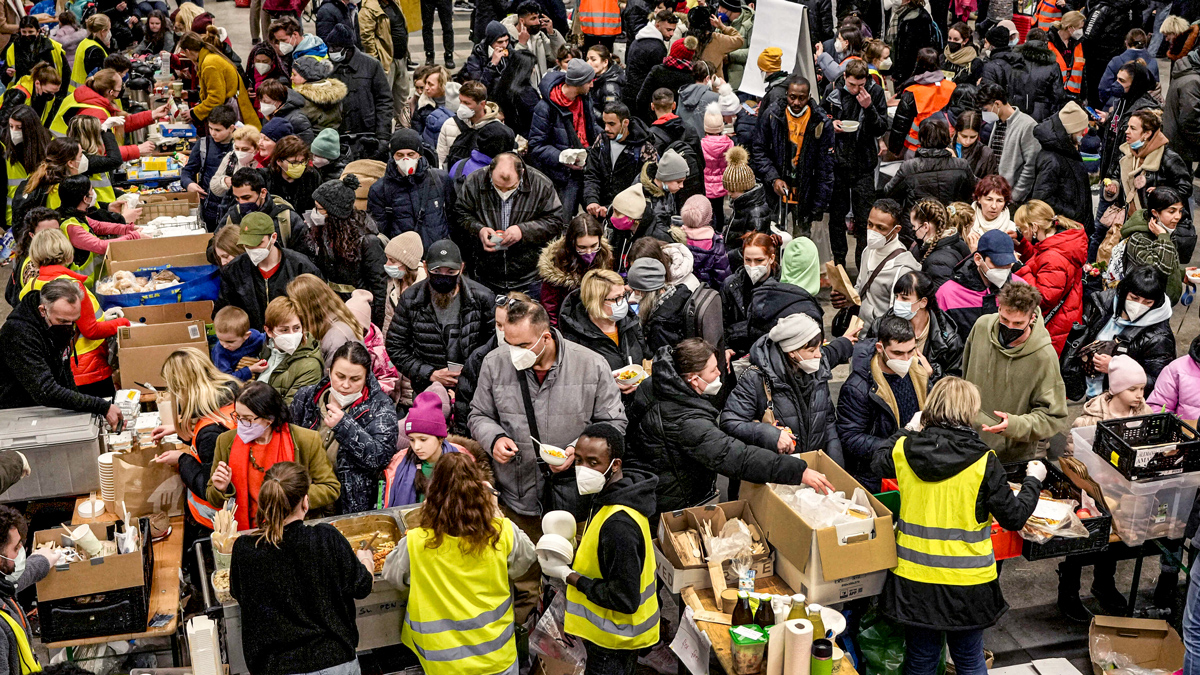
When this attempt to relieve the soldiers takes place, Russia is busy attacking, above all, with attack drones, which we have told you about how they work and how lethal they are. What they manage to achieve by attacking at that moment is to wound or kill a large part or all of the team that was going to be taken out and the new team that was going to be brought in, and, in addition, when the evacuation teams arrive to attend to the wounded and collect the bodies, they attack again.
You can imagine how the number of casualties is increasing and how distressing the situation is. So at many points along the front they are losing their positions. The Ukrainians are falling back and creating new lines of position there, but this suggests that the Russians will do the same thing again. They will simply attack in areas further back and they have picked up a strategy that works for them and they are not going to let go.
Ukraine's invasion of Russian territory was an attempt to ease the pressure on the Donbas, because the Kremlin would have been forced to move soldiers from this part of the front to the Kursk region, which has not worked. The Kremlin does not seem to care what happens in Kursk. It is not prepared to ease the pressure in the Donbas, it has not transferred any soldiers from there to the north and everything suggests that in the coming days the situation is going to be like the one I have been told about this week, that of continuing to lose positions and slowly bleeding to death.
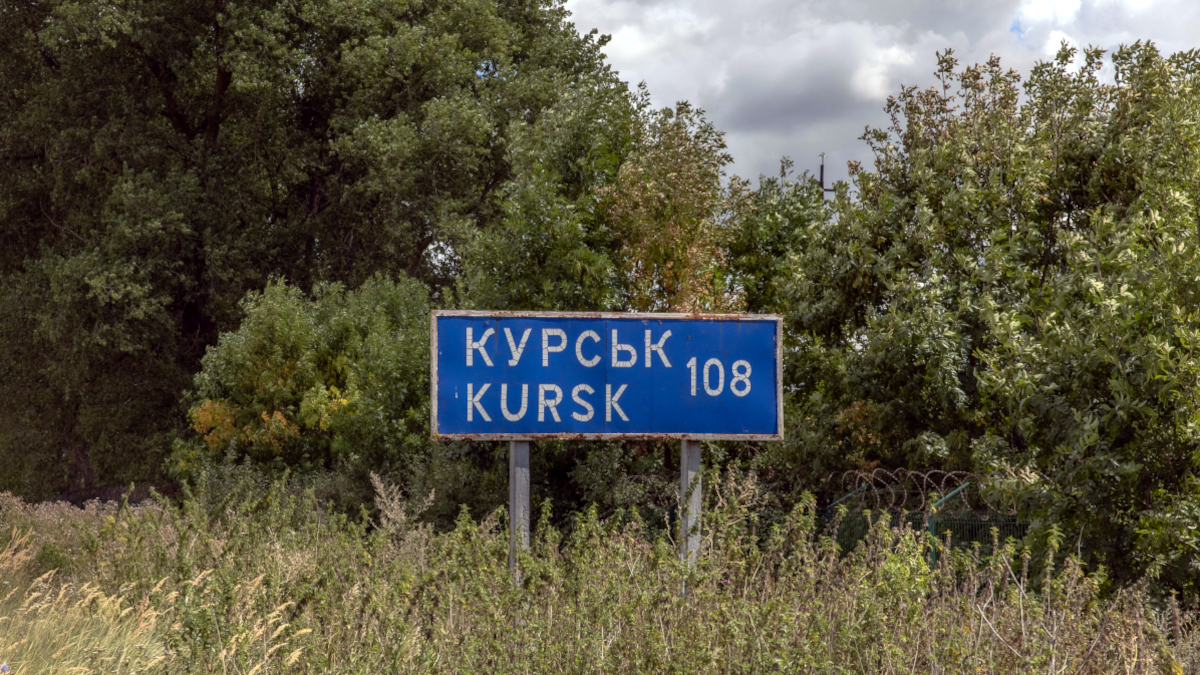
Maria, to finish, among so many victims, let's focus on one. The Ukrainian journalist Victoria Roshchina, who died in Russian captivity and who was soon to be exchanged.
This is very sad news for the entire journalistic community, especially for the correspondents who report on the ground, because the story of this young journalist is remarkable.
Victoria, who would have been 28 years old this month, is one of the Ukrainian journalists who has been involved in reporting the war in her country from minute zero. As early as March 2022, this journalist tried to enter the city of Mariupol when Mariupol was the darkest point of the war in Ukraine. She tried to enter to tell what was happening and Russian forces already detained her at that time. They held her for 10 days and then released her. During all this time she continued to report from Ukrainian soil until, at the end of July, she decided that she could no longer go without reporting on what was happening in the Russian-occupied territories.
In the aftermath of the autumn 2022 counteroffensive in Kharkov, when Ukrainian troops managed to drive out the Russians, everything from torture chambers to mass graves were discovered. There we journalists were able to collect the testimony of people who told what it was like to live under Russian occupation and since then all of us journalists have been very aware of what is happening, we ask ourselves what is happening, in those territories occupied by Ukraine.
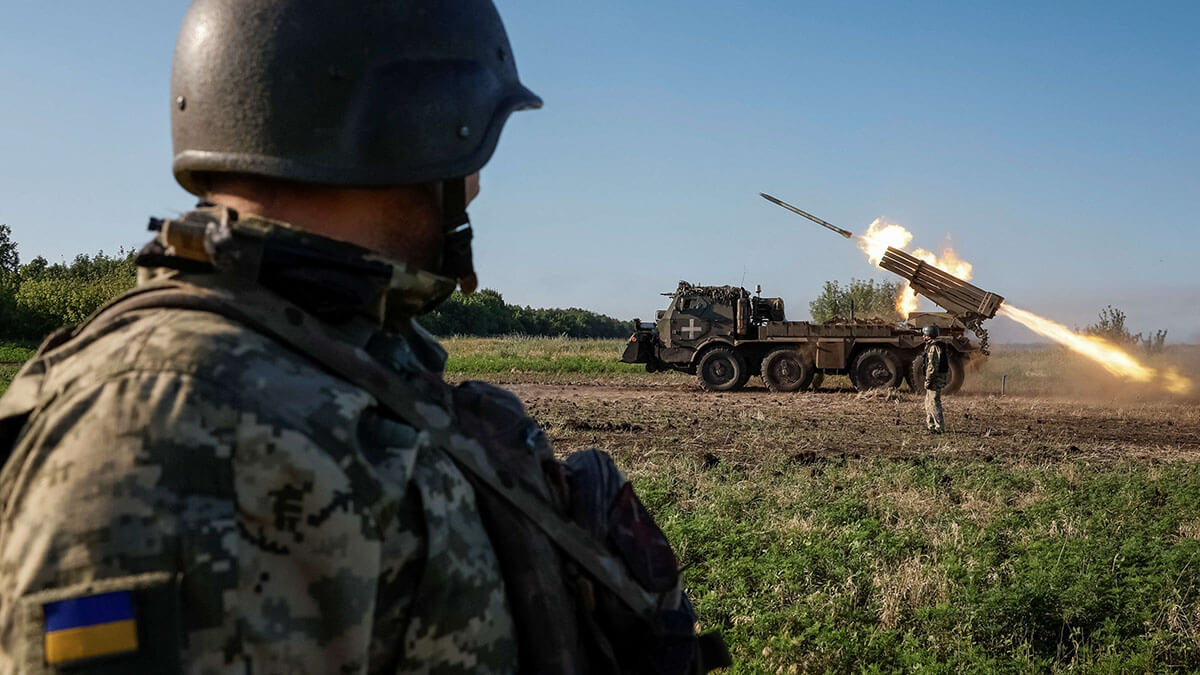
In the case of Victoria, who is also Ukrainian, I suppose this concern was even greater. In July, she did something extremely dangerous, which was to leave Ukraine through Poland, travel through several countries and enter the Russian-occupied territories in eastern Ukraine. This was extremely dangerous, but it backfired, because once again the Russian authorities arrested and imprisoned her, and she had been in this situation since August of this year.
Her name was on the lists of upcoming exchanges. This is reminiscent of what happened to Putin's political opponent, Alexei Navalni, whose name was also on the exchange lists, but who died in prison before the exchange took place. The same thing happened with Victoria Roshchina. The Russian authorities have said that she died in transit from the occupied territories of Ukraine to Moscow. They killed an inconvenient witness, just another one, as they have done so many times before with politicians, with journalists and with anyone else they put in front of them, and this exchange could not take place. I must point out that the International Foundation of Women Journalists awarded her the prize for courage in journalism two years ago and, unfortunately, today we have to report her death. This is very sad news for all of us who cover war.









